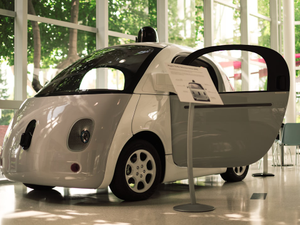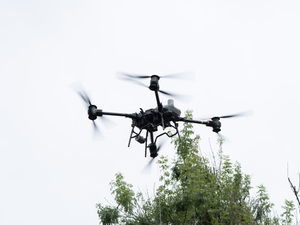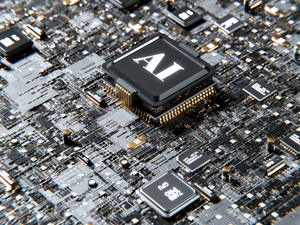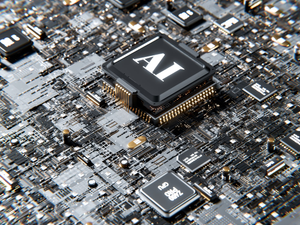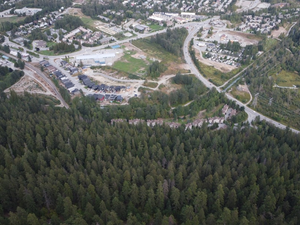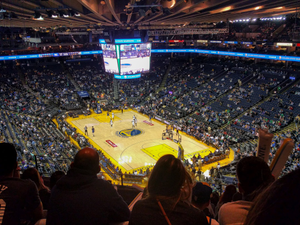Space Data Centers: Google's Bold Plan to Revolutionize AI Computing
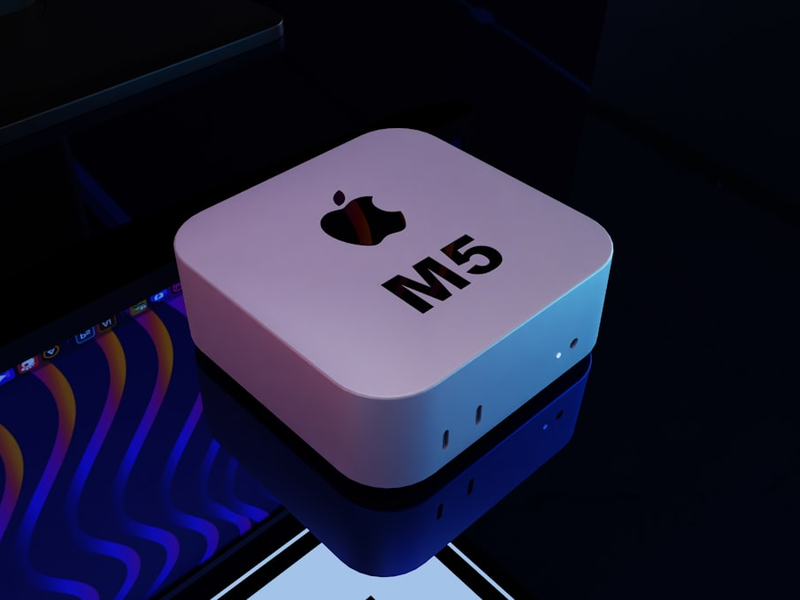
Photo by BoliviaInteligente on Unsplash
Imagine data centers floating silently above Earth, powered by cutting-edge AI technology and free from terrestrial constraints. Google is turning this sci-fi dream into a potential reality with Project Suncatcher, an ambitious initiative to launch AI-powered satellites into space.
The project aims to address significant challenges facing traditional data centers, which are increasingly criticized for their high energy consumption and environmental impact. By positioning sophisticated computing hardware directly in orbit, Google hopes to create a more sustainable and efficient computing infrastructure.
Technical hurdles are significant, but Google’s engineers are making promising progress. They’re developing satellite configurations that maintain extremely close proximity, within a kilometer of each other, to ensure robust data transmission. The company is also innovating around hardware durability, testing their Tensor Processing Units (TPUs) to withstand intense space radiation.
Current experiments show TPUs can handle nearly three times more radiation than initially anticipated, a critical breakthrough for space-based computing. Google plans to launch prototype satellites by early 2027, with broader deployment targeted for the mid-2030s when projected launch costs could drop to around $200 per kilogram.
The potential benefits extend beyond technical achievements. Space-based data centers could alleviate community concerns about local infrastructure, reduce environmental strain, and provide a novel solution to growing computational demands. As AI continues to expand exponentially, innovative approaches like Project Suncatcher represent a glimpse into our technological future.
While challenges remain, Google’s vision suggests that the next frontier of computing might literally be above our heads, a testament to human ingenuity and our persistent drive to push technological boundaries.
AUTHOR: kg
SOURCE: Ars Technica




